Learn All You Need To Create A Private Trust Estate.
Discover the power of creating your own private trust with confidence. Every individual has the right to establish their own trust, and we're here to guide you every step of the way. Dive into a wealth of resources, including legal references, citations, and case law, all conveniently organized for your learning journey.
At Frontier Capital Trust, we provide unparalleled guidance and a self-help experience like no other—empowering you with the knowledge and tools to navigate the world of private trusts with ease. Let’s unlock the possibilities together.

Introduction to the 12-Step Program: Mastering Private Trusts
Creating and administering a private trust is more than just a legal process—it’s a transformative journey that empowers you to operate with clarity, confidence, and purpose in the world of private contracting. Our 12-Step Program is designed to provide you with a deep understanding of the principles and practicalities of private trusts, blending foundational knowledge with advanced insights to ensure a comprehensive learning experience.
This program begins by addressing the unique distinctions between private and public trusts, the fundamentals of contract law, and the legal framework that separates the private trustee from the living man. From understanding the complexities of commerce and legal fictions to exploring the significant advantages of operating as a private trustee, you’ll gain insights that go beyond standard education.
As you progress, we’ll guide you through the essential steps of trust creation and administration—from drafting a trust declaration and transferring assets to managing compliance and recordkeeping. Whether you’re new to the concept of private trusts or looking to deepen your expertise, this program offers the tools, strategies, and clarity needed to navigate your trust journey with ease and confidence.
Welcome to the start of mastering private trusts—your pathway to unlocking the full potential of private wealth and asset management.
Course Material:
-
Understanding the Unique Context of Private vs. Public Trusts
- Explore the foundational differences between private and public trusts, their purposes, and how they operate within the legal system.
-
Contract Law and the Role of the Legal Person
- Learn the basics of contract law, the concept of the legal person, and how it relates to the role of a private trustee.
-
Private Trustee vs. Living Man
- Understand the distinction between the private trustee as a legal role and the living man or woman, focusing on how these concepts interact.
-
Commerce and the Legal Fiction
- Delve into the intricacies of operating in commerce through the legal fiction and the practical advantages of a private trust structure over sole proprietorship.
-
Advantages of Operating as a Private Trustee
- Examine the benefits of separating personal liability from business activities and managing assets through the lens of a private trustee.
-
Statutory vs. Non-Statutory Trusts
- Break down the key differences between statutory (state-governed) and non-statutory (contract-based) trusts and why it matters for your trust's creation and administration.
-
Preparing the Trust Foundation
- Cover the preliminary steps, including naming your trust, defining its purpose, and outlining its scope and beneficiaries.
-
Drafting the Trust Declaration
- Learn how to craft a comprehensive trust declaration that captures all critical provisions and legal requirements.
-
Asset Transfers and the Schedule of Assets
- Gain clarity on transferring assets into the trust, maintaining accurate records, and creating a robust schedule of assets.
-
Trustee Powers and Responsibilities
- Explore the legal powers granted to trustees, their fiduciary responsibilities, and best practices for trust management.
-
Administration and Recordkeeping
- Understand the importance of meticulous recordkeeping, maintaining compliance, and documenting all trust-related activities.
-
Ongoing Trust Management and Compliance
- Learn strategies for managing your trust long-term, including monitoring its performance, adapting to changes, and ensuring compliance with legal and tax obligations.




